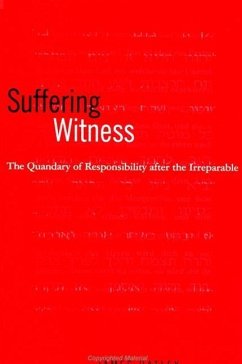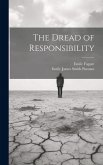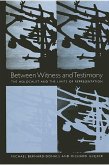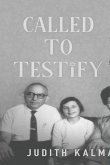Drawing on the philosophy of Emmanuel Levinas, James Hatley uses the prose of Primo Levi and Tadeusz Borowski, as well as the poetry of Paul Celan, to question why witnessing the Shoah is so pressing a responsibility for anyone living in its aftermath. He argues that the witnessing of irreparable loss leaves one in an irresoluble quandary but that the attentiveness of that witness resists the destructive legacy of annihilation. "In this new and sensitive synthesis of scrupulous thinking about the Holocaust (beginning with scruples about the term Holocaust itself), James Hatley approaches all the major questions surrounding our overwhelming inadequacy in the aftermath of the irreparable. If there is anything unique (in a non-trivial sense) about the Holocaust, surely it is the imperious moral urgency that compels those who contemplate it to revise their view of what it means to be human, and to bear witness to such an event.
Hinweis: Dieser Artikel kann nur an eine deutsche Lieferadresse ausgeliefert werden.
Hinweis: Dieser Artikel kann nur an eine deutsche Lieferadresse ausgeliefert werden.








